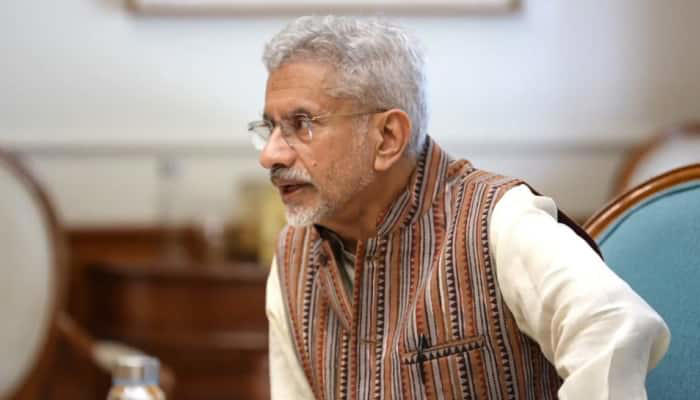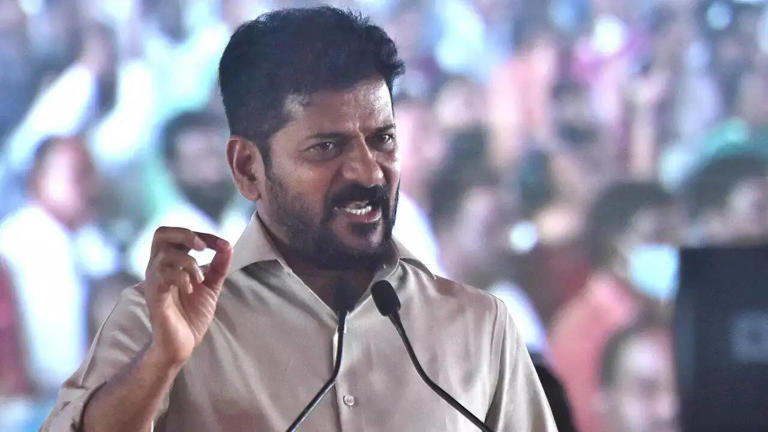Jaishankar Uses UNSC Words as Weapon, Silences Pakistan’s ‘Violation’ Rhetoric
External Affairs Minister S. Jaishankar has now claimed that India’s Operation Sindoor, the cross-border response to the Pahalgam terror attack, was carried out in alignment with a UN Security Council (UNSC) directive. This isn’t just a bold military move—it’s a diplomatic power play. After the April 22 Pahalgam massacre, which claimed the lives of 26 Hindu tourists, India launched precise strikes against terror camps in Pakistan. Jaishankar now asserts that the UNSC’s statement urging action against perpetrators gave India the moral and legal legitimacy to act. This narrative doesn’t just justify India’s operation—it strategically positions India as a responsible global actor enforcing international will against terrorism.
UN Didn’t Just Condemn Pahalgam Attack—It Gave India Legal Ammo for Strikes
Following the horrific terror attack in Pahalgam, claimed initially by The Resistance Front (TRF) and later linked to Pakistan-backed Jaish-e-Mohammed (JeM), global condemnation poured in. The UN Security Council issued a formal statement, stressing that “the perpetrators, organizers, financiers and sponsors” of the Pahalgam attack must be held accountable.
India seized this moment. Rather than treat it as another diplomatic file, New Delhi invoked the UNSC’s words as operational justification. As Jaishankar stated, India’s cross-border strikes on terror launch pads in Bahawalpur and Muridke weren’t acts of aggression—they were enforcement of global accountability, in line with international law. This is crucial in diplomacy: when action appears to follow UN guidance, it is harder to challenge or condemn.
Moreover, India’s refusal to sign the SCO defence ministers’ joint statement, due to the absence of references to terrorism, highlighted New Delhi’s hardened stand. Defence Minister Rajnath Singh reiterated that global hypocrisy in tackling terror must end, and nations must call out state sponsors clearly—a veiled reference to China and Pakistan’s evasive language.
While opposition criticism exists domestically, calling for a deeper crackdown, the overall parliamentary, public, and global reception has largely favoured India, especially as civilian casualties were avoided and military discipline maintained. International think tanks and media have acknowledged this as a calibrated and strategic move.





















